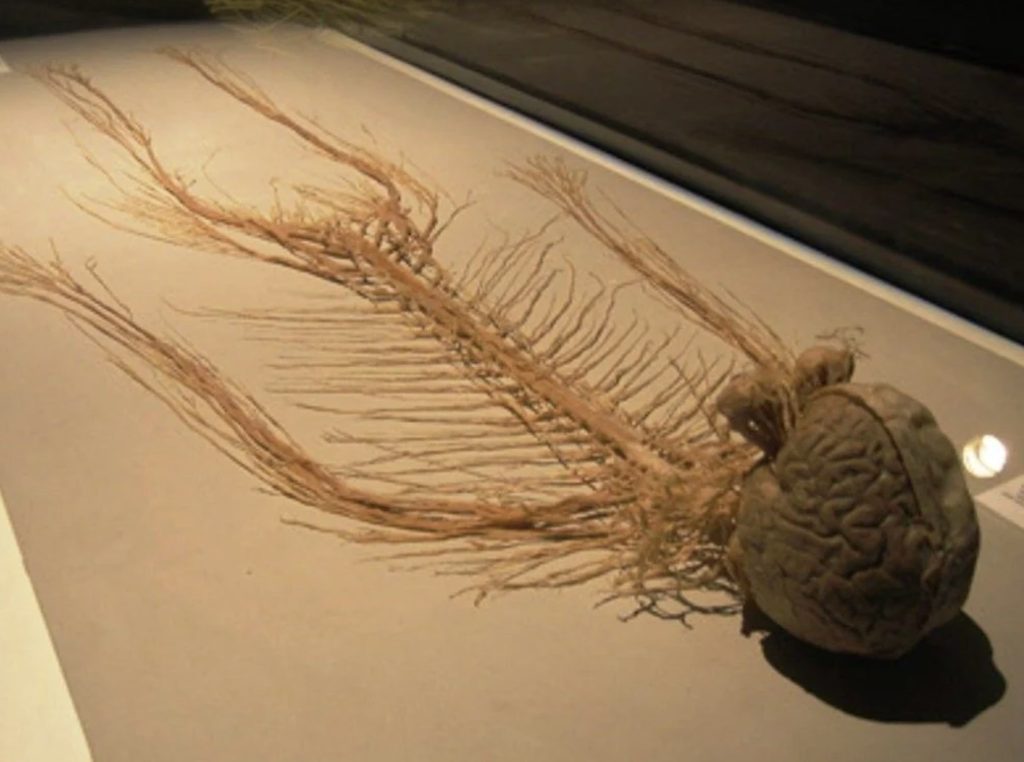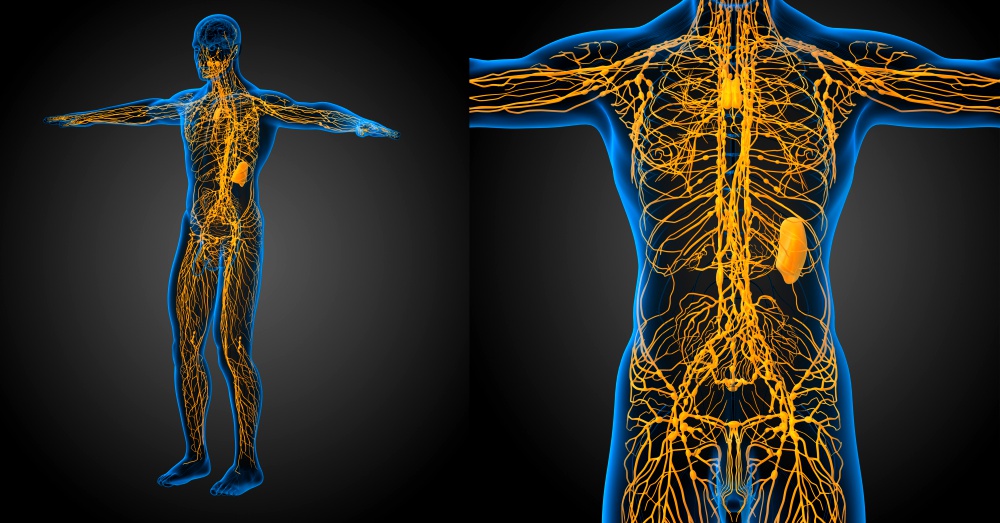The human nervous system is one of the most fascinating and vital systems in our body. It acts as the master control network, allowing us to sense the world, think, move, and survive. From the beating of our heart to the joy of laughing with friends, the human nervous system controls everything. Understanding the human nervous system not only helps us appreciate our body but also teaches us how to keep it healthy.
Introduction to the Human Nervous System
The human nervous system is a highly organized network of the brain, spinal cord, and nerves. It works as the body’s communication system, quickly sending messages to and from different parts of the body. Imagine the human nervous system as a super-fast internet connection inside you, helping your body and mind stay connected.
Every second, the human nervous system processes thousands of signals – when you touch something cold, smell food, hear music, or even recall a happy memory. Without the human nervous system, our body would not know how to react, move, or feel.

Main Divisions of the Human Nervous System
The human nervous system has two major divisions that work together like a team:
Central Nervous System (CNS) in the Human Nervous System
The central nervous system is the command center of the human nervous system. It includes the brain and spinal cord.
- Brain:
The brain is the most powerful organ of the human nervous system. It helps us think, learn, remember, and make decisions. Different parts of the brain handle different jobs:- Cerebrum: Controls thinking, memory, and voluntary movements.
- Cerebellum: Helps maintain balance and coordination.
- Brainstem: Controls automatic actions like breathing, heartbeat, and digestion.
- Spinal Cord:
The spinal cord is like a highway of the human nervous system. It carries signals between the brain and the rest of the body. Without the spinal cord, the brain could not send messages to the arms, legs, and other organs.
Peripheral Nervous System (PNS) in the Human Nervous System
The peripheral nervous system connects the central nervous system to the entire body. It is made of a large network of nerves that spread everywhere. The human nervous system depends on these nerves to collect information from the environment and deliver the brain’s commands to muscles and organs.
How the Human Nervous System Works
The human nervous system functions through billions of special cells called neurons. These neurons carry information using tiny electrical signals.
- Neurons are like messengers that pass information very quickly.
- They have three main parts:
- Cell body: Controls the activities of the neuron.
- Dendrites: Receive messages from other neurons.
- Axon: Sends messages to other neurons, muscles, or glands.
When you step on a sharp stone, neurons in your foot send a message through the spinal cord to the brain. In a fraction of a second, your brain tells your muscles to move your foot away. This quick response is possible only because of the human nervous system.
Types of Nerves in the Human Nervous System
The human nervous system has three types of nerves, each with an important role:
- Sensory Nerves: Carry signals from sense organs like eyes, ears, nose, skin, and tongue to the brain.
- Motor Nerves: Carry instructions from the brain to muscles so we can move.
- Mixed Nerves: Do both jobs – carrying signals in both directions.
This teamwork makes the human nervous system function smoothly.
Key Functions of the Human Nervous System
The human nervous system performs many life-saving and life-enhancing tasks:
Controlling Movements
The human nervous system makes it possible to walk, run, write, and even smile.
Processing Sensations
It collects signals from the five senses – sight, hearing, smell, taste, and touch – and helps the brain understand them.
Supporting Thinking and Memory
The human nervous system allows us to solve problems, make decisions, and remember important facts and experiences.
Maintaining Internal Balance
It keeps automatic processes like breathing, heartbeat, digestion, and body temperature under control.
Protecting from Danger
Through quick responses called reflexes, the human nervous system saves us from harm. For example, pulling your hand away from fire instantly.
Importance of the Human Nervous System
The human nervous system is the foundation of life. Without it, we could not feel emotions, sense danger, or even stay alive. Its importance can be understood by asking one question: how would life be without the ability to see, move, or think? The answer shows us how much we depend on the human nervous system every single moment.
Common Disorders of the Human Nervous System
Though powerful, the human nervous system is delicate and can face problems such as:
- Headaches and Migraines: Often caused by stress or tension.
- Epilepsy: Sudden bursts of electrical activity in the brain causing seizures.
- Stroke: Occurs when blood supply to the brain is blocked.
- Parkinson’s Disease: Causes stiffness and trembling in the body.
- Spinal Cord Injuries: Can lead to loss of movement and sensation.
Tips to Keep the Human Nervous System Healthy
Maintaining the human nervous system is essential for long life and good health. Some tips include:
- Eat a balanced diet rich in fruits, vegetables, nuts, and omega-3 fatty acids.
- Exercise daily to improve blood flow to the brain.
- Get 7–8 hours of sleep to rest the nervous system.
- Stay away from smoking, alcohol, and harmful drugs.
- Reduce stress with yoga, meditation, and relaxation activities.
- Always use helmets and seatbelts to prevent injuries to the brain and spinal cord.
Conclusion
The human nervous system is truly a fascinating and powerful network that keeps us alive, active, and aware of the world. It controls everything we do – from moving and thinking to feeling and reacting. Taking care of the human nervous system through healthy food, exercise, and safety habits ensures that we continue to live a happy and healthy life.
FAQ on The Human Nervous System
Q1. What is the human nervous system?
The human nervous system is the body’s control network made of the brain, spinal cord, and nerves.
Q2. What are the two main parts of the human nervous system?
The central nervous system (CNS) and the peripheral nervous system (PNS).
Q3. How does the human nervous system send messages?
It uses neurons, which carry electrical signals between the brain, spinal cord, and body.
Q4. Why is the human nervous system important?
It controls movement, senses, thinking, memory, and protects us from danger.
Q5. How can we keep the human nervous system healthy?
By eating nutritious food, exercising, sleeping well, avoiding harmful habits, and reducing stress.




